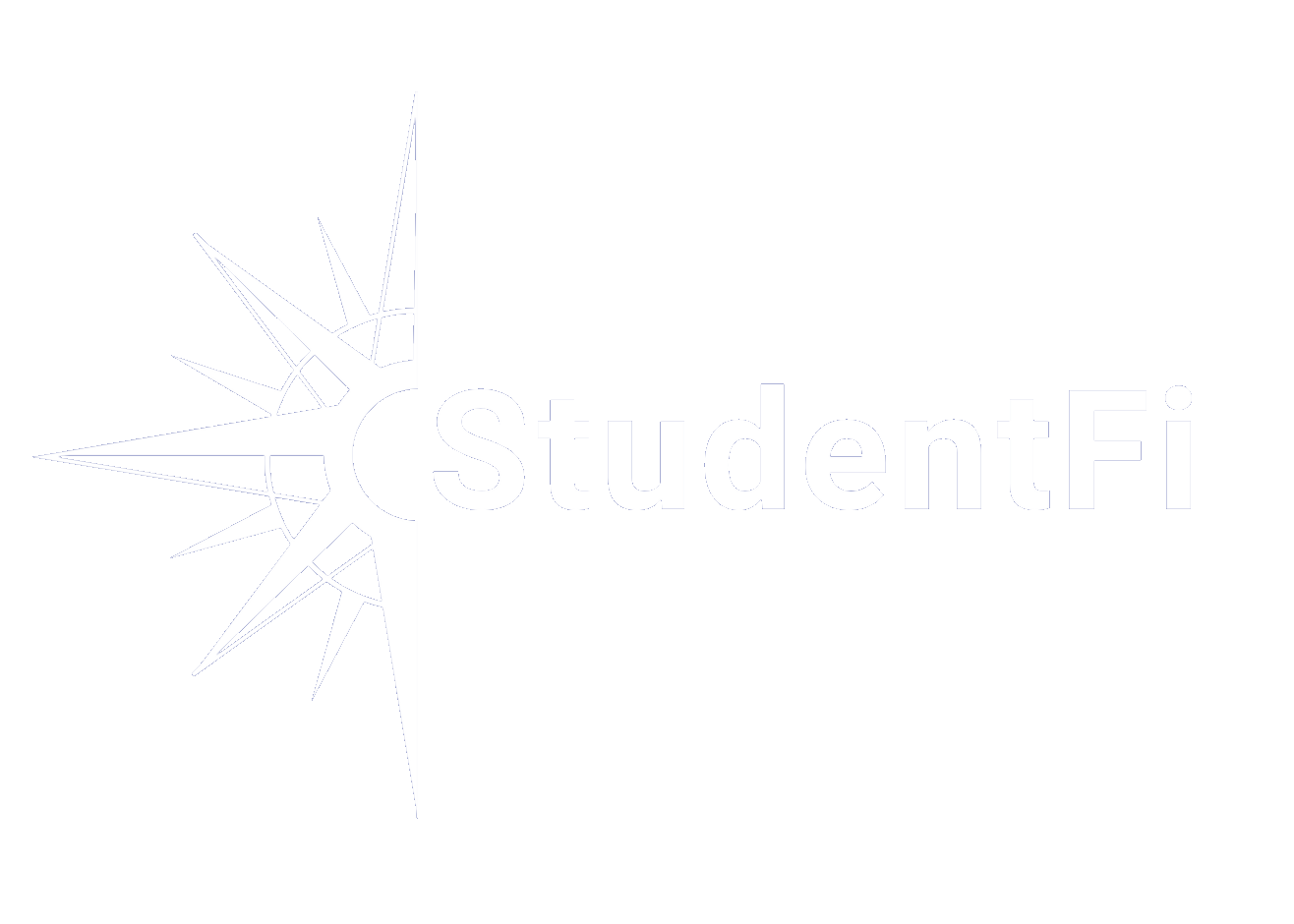



Educational Investments (ISAs) Guide
There is about 2 trillion dollars in unpaid student loan debt in the USA. This number continues to rise. And it’s a problem.
The problem largely affects graduates who don’t choose high paying jobs after graduation. An innovative solution to this problem that has risen in the last decade is the educational investment. It’s also known as an Income Share Agreement (ISA).
With a loan, you borrow some amount of money and agree to pay it back with interest. With an educational investment, you get money to pay for school for a small percentage of your earnings for a few years after graduation.
Instead of an I-owe-you, it’s like investing in a company, except you, the student, are the company.
Before your Consider an ISA at your school or from a private company, here’s what you need to know.
What is an Educational Investment or Income Sharing Agreement?
ISAs are an alternative to student loans. In one of these agreements, the student has all or part of their tuition paid for in exchange for a set percentage of their future earnings for several years after graduation.
For instance, maybe the student needs about $30,000 to pay for tuition. After graduation, the student might agree to pay 5% of earnings to the university for 10 years. These numbers will vary depending on your situation. So if the student earns $30,000 in her first job after college, she will pay $1,500 per year or about $125 per month.
Then say maybe a couple years later our student gets promoted (yay!). She now makes $60,000. Then she would pay $3,000 per year or $250 per month. If she instead decided to go part time and make $15,000 per year then she’d pay $62.5 per month.
Most agreements will have minimum income requirements so you don’t have to pay if you don’t have enough money. They usually have payment limits too so if you become a millionaire out of school you don’t have to pay a fortune.
ISAs vs. Student Loans
ISAs have certain similarities to student loans. You’ll get money for education today, and you’ll repay that money in the future. But in many ways, it’s better to compare an income sharing agreement to a tax rather than a loan.
Educational Investments have some things in common with student loans. For example, you get money for education today but will have to repay something in the future. But really, they’re what their name says they are: you’re agreeing to share some of your income.
Instead of paying off a loan, you’re paying a percentage to your investor. if you earn more, you pay more. If you earn less, you pay less.
Pros and Cons
ISAs can be a smart alternative to student loans. But it’s important to consider the pros and cons.
Pros
- If you have low income, you won’t have an impossible monthly payment. Since you always pay a share of your earnings, you don’t have to worry about a huge, set monthly payment if money is tight.
- Repayments ends after a set period. This ranges from 3 to 10 years on average.
- You may “overpay” if you earn a lot. If you make a lot of money, the total you repay will likely outweigh what you borrowed initially.
- They are not as regulated as student loans. That means there are less rules and borrower protections with income share agreements.
Pros and Cons
Educational investments are often a sound alternative to traditional student loans. Keep in mind that Federal Student Loans should be still be option number one. That’s because they have repayment and borrower benefits options and usually have an affordable interest rate.
When it comes down to it, it’s really a math problem. You should compare how much you will have to pay with a private student loan versus how much you’ll have to pay with an ISA. You can use this calculator to determine total payments for your student loan. For an ISA you should multiply the percentage of the agreement times your expected salary times the amount of years of the agreement. The lower number will probably be your best option.
If you want to learn more about educational investments (ISAs) you can watch our full info session here.
Apply to find out what the terms of your agreement would be here.

